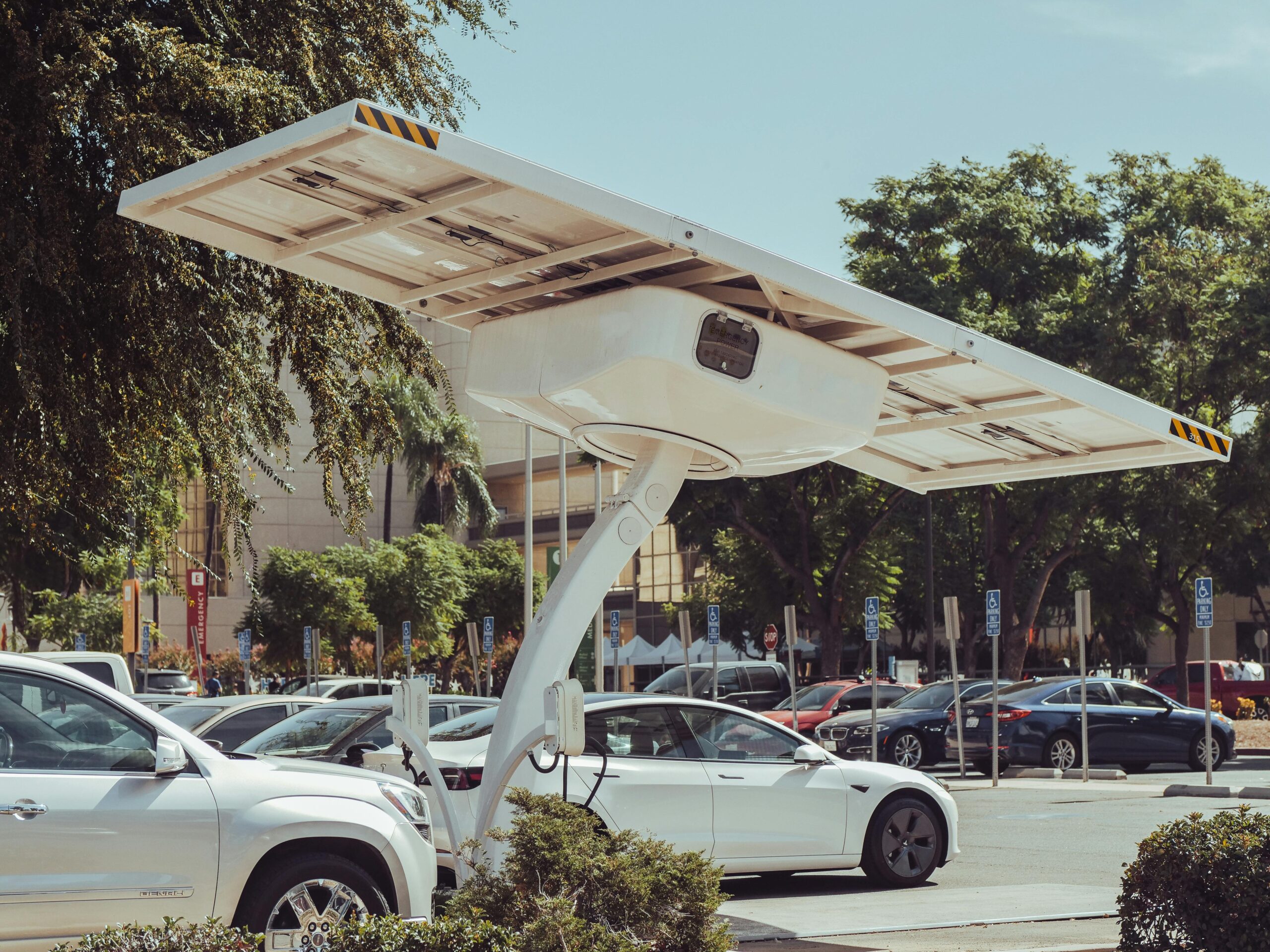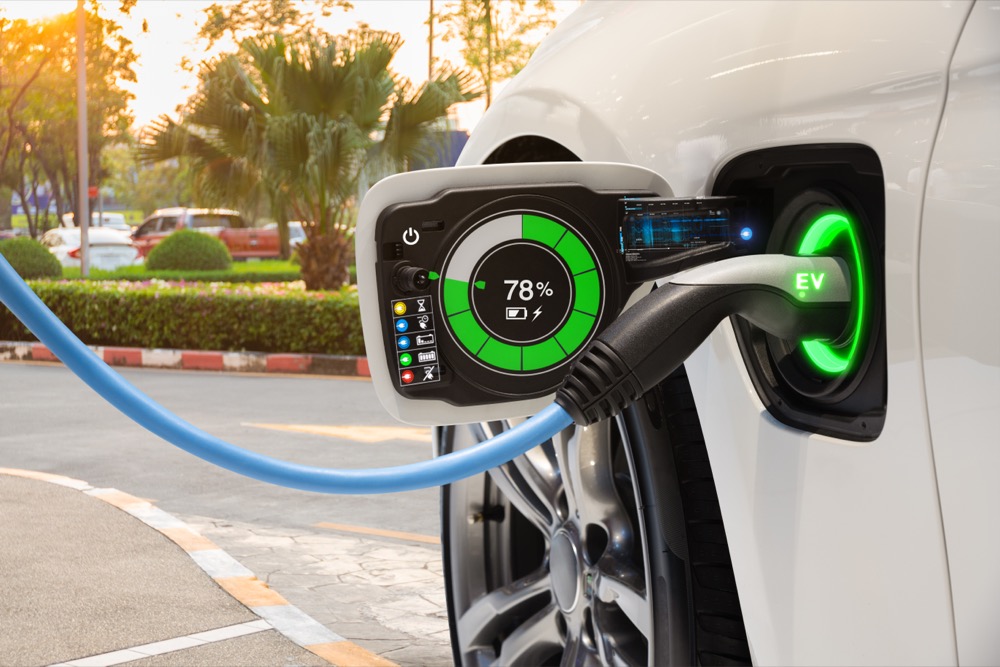
The shift towards sustainable mobility shouldn’t be limited to cities. Rural areas are home to millions of people who deserve the same access to eco-friendly transportation options. Expanding charging infrastructure ensures that the benefits of EV adoption—lower carbon emissions, reduced fuel costs, and cleaner air—are accessible to everyone.
By bringing EV charging stations to rural areas, the network is creating jobs and stimulating local economies. The presence of EV infrastructure can also attract businesses like cafes, convenience stores, and repair shops to these areas, turning charging stations into community hubs.
“With sustainable travel gaining popularity, rural destinations can attract eco-conscious tourists by offering charging infrastructure for their EVs. This not only supports local economies but also preserves the natural beauty of these regions, rural areas often rely heavily on petrol and diesel vehicles.”
Rural regions often rely on transportation for agriculture and logistics. Electrifying these sectors with accessible charging options can significantly reduce carbon emissions from trucks, vans, and farming equipment.


The expansion of Southeast Asia’s largest EV charging network into rural areas marks a significant step toward a greener and more inclusive future. This initiative not only democratizes access to sustainable mobility but also fosters economic growth and environmental conservation in underserved regions.

Users are akin to the lifeblood coursing through this network, connecting, sharing, and engaging with each other and nearby services.

Users are akin to the lifeblood coursing through this network, connecting, sharing, and engaging with each other and nearby services.